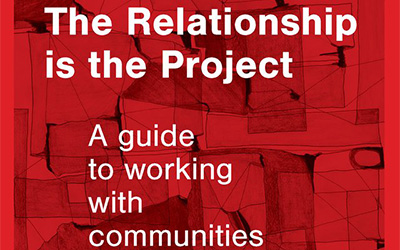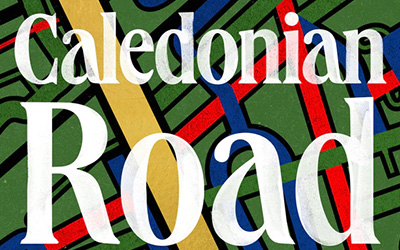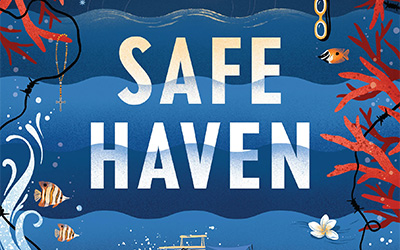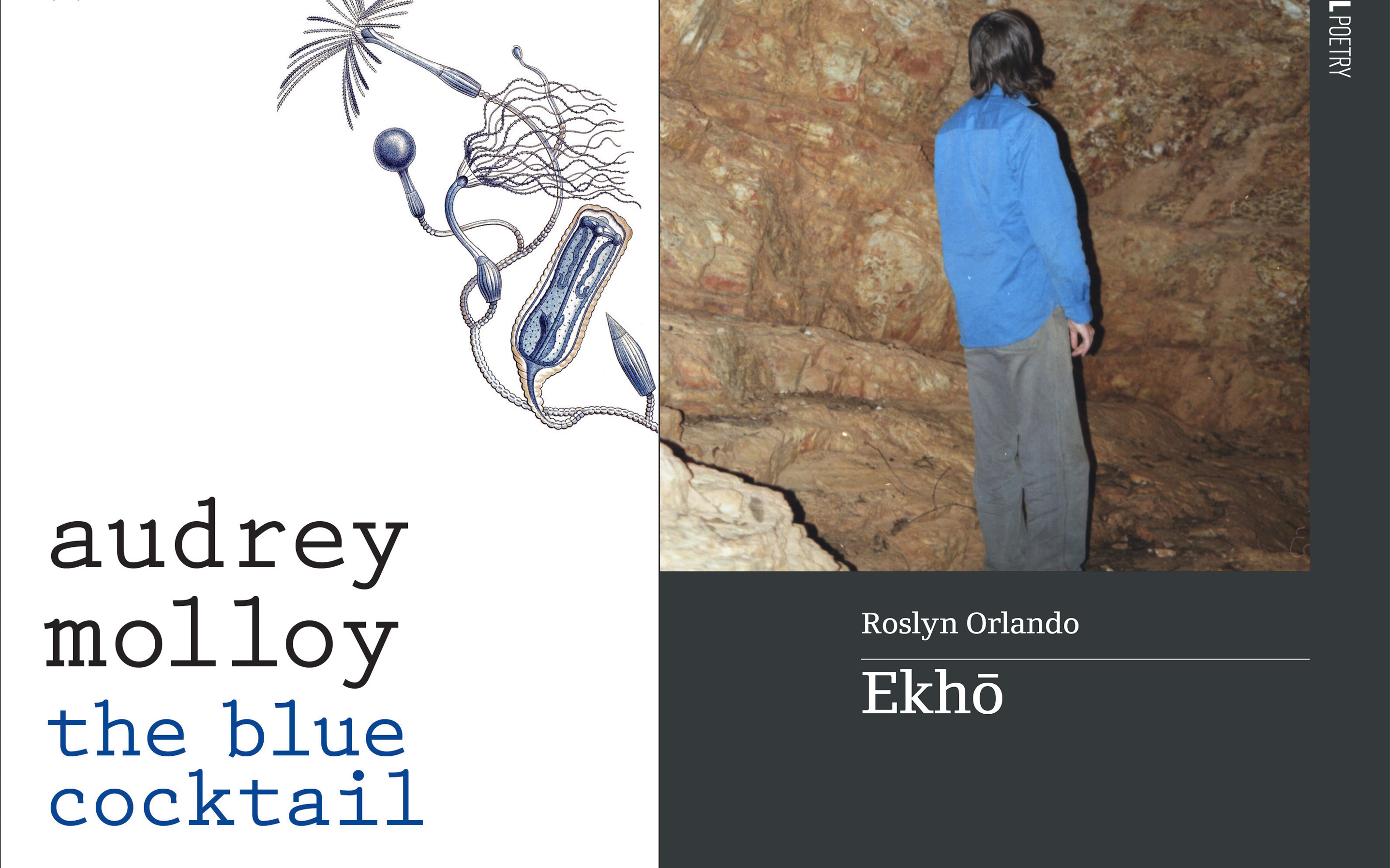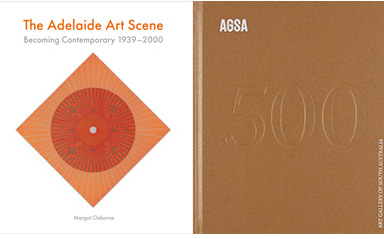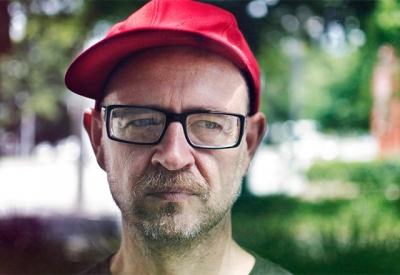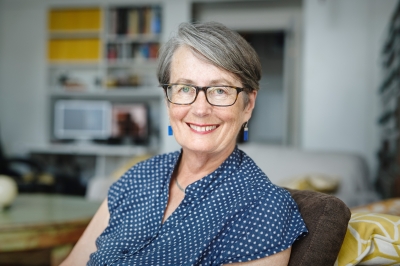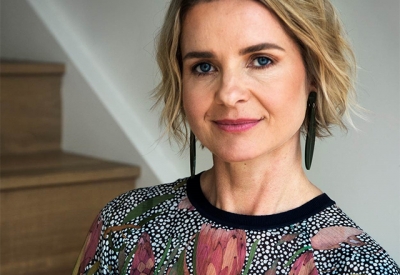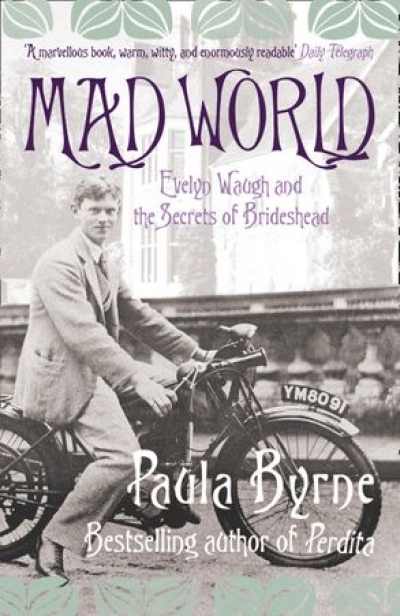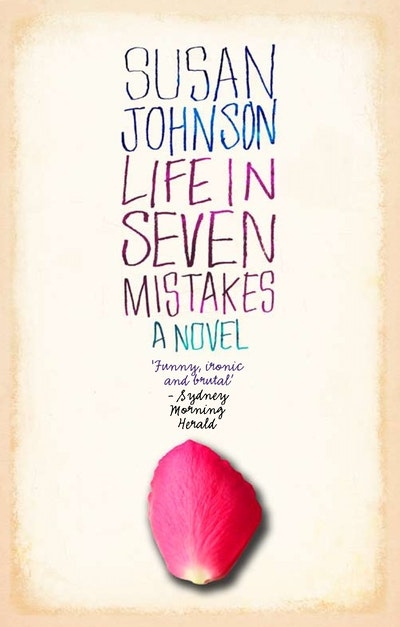Commentary
‘Whither Waitangi? Biculturalism on the rocks in New Zealand’ by Miranda Johnson
From across the ditch, New Zealand can look like a place where settlers and Indigenous people have forged a successful, postcolonial modus vivendi. The image conceals more than it reveals. As in Australia, relations between Indigenous people and the state are fraught. At the November 2023 election, right-wing minority parties won electoral support by rejecting what they have characterised as special privileges to Māori. And a long-standing, bipartisan consensus on ‘biculturalism’ is breaking down.






